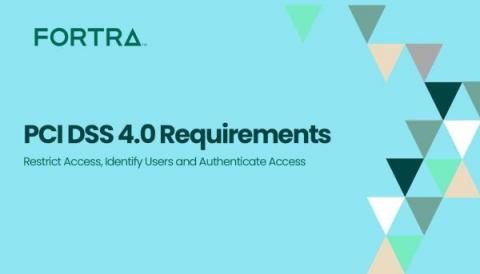What is the Gramm-Leach-Bliley Act (GLBA)?
The Gramm-Leach Bliley Act (GLBA or GLB Act), or financial modernization act, is a bi-partisan federal regulation passed in 1999 to modernize the financial industry. It repealed vast swathes of the Glass-Steagall Act of 1933 and the Bank Holding Act of 1956, allowing commercial banks to offer financial services such as investments or insurance. It also controls how financial institutions deal with their customer's private information.



